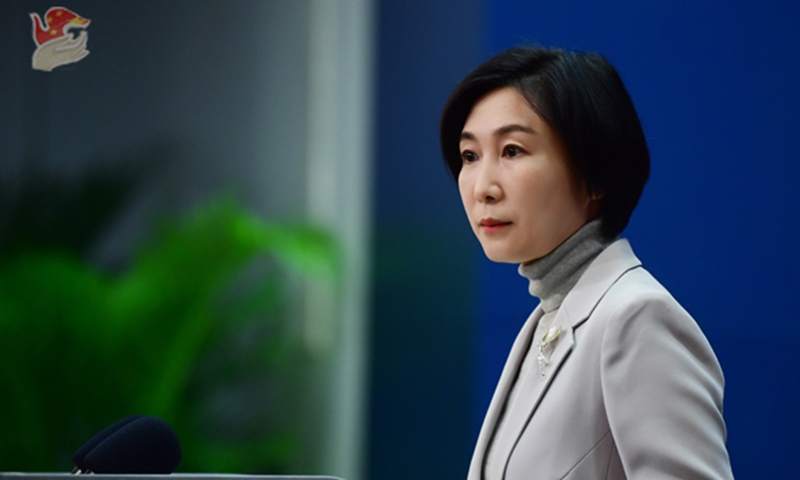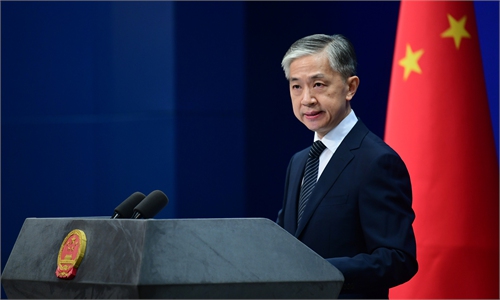China’s proposal at Biological Weapons Convention reflects common will of developing countries: FM

Chinese Foreign Ministry spokesperson Mao Ning Photo:fmprc.gov.cn
The just-concluded Biological Weapons Convention marked important progress in global biosafety governance, and China's proposal at the Convention to promote the peaceful use and sharing of biotechnology reflects the common will of the majority of member states, especially that of developing countries, a Chinese Foreign Ministry spokesperson said on Monday.
The 9th Review of the Biological Weapons Convention was held from November 28 to December 16. It approved steps to strengthen an accord aimed at banning biological weapons, including the development, production, acquisition, transfer, stockpiling and use of bioweapons using viruses, bacteria and other pathogens.
Delegates at the conference conducted a comprehensive review of global biosafety situation, signing an outcome document, and agreed to set up a working group to verify compliance by studying legally binding measures to strengthen the effectiveness of the Convention, Mao Ning, spokesperson from the Foreign Ministry, said at Monday's press briefing.
The outcomes of the just-concluded Convention marks important progress in global biosafety governance that is in line with the common interest of the international community, Mao noted.
Chinese President Xi Jinping proposed at the Global Security Initiative that China remains committed to maintaining security in both traditional and non-traditional domains, and work together on regional disputes and global challenges including biosecurity, the Xinhua News Agency reported.
During the Biological Weapons Convention, China has made every effort to promote the adoption of the outcome document, and has proposed to ensure compliance through the establishment of a verification mechanism and to promote the peaceful use and universal sharing of biotechnology, reflecting the common will of the majority of member states, especially developing countries, Mao added.
China will continue to work with the international community to further promote global biosafety governance and make a greater contribution to the achievement of global security and common development, the spokesperson said.
Ambassador Geng Shuang, Deputy Permanent Representative of China to the United Nations, reiterated China's firm opposition to the research, development, stockpiling or the use of biological weapons by any country under any circumstance at a briefing of the United Nations Security Council in late October.
Global Times


